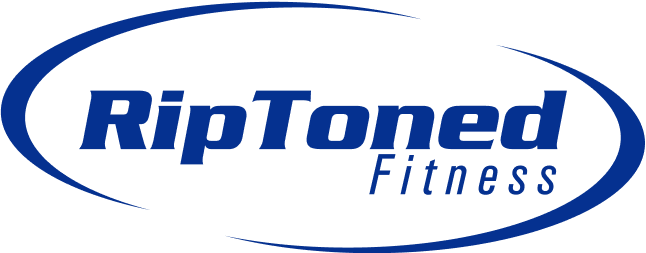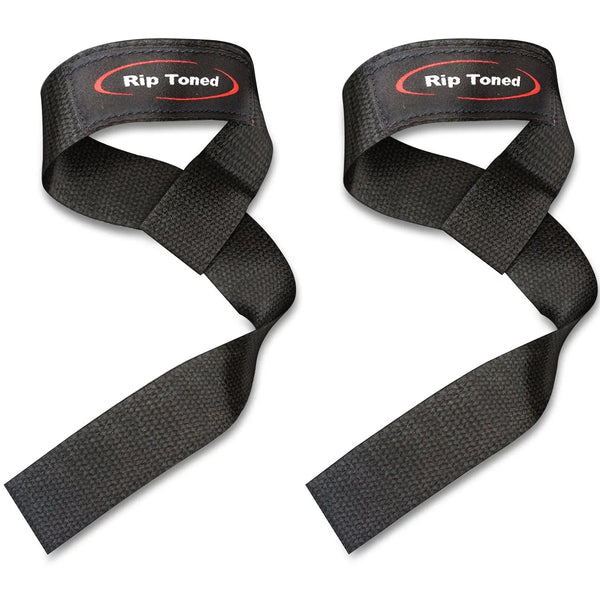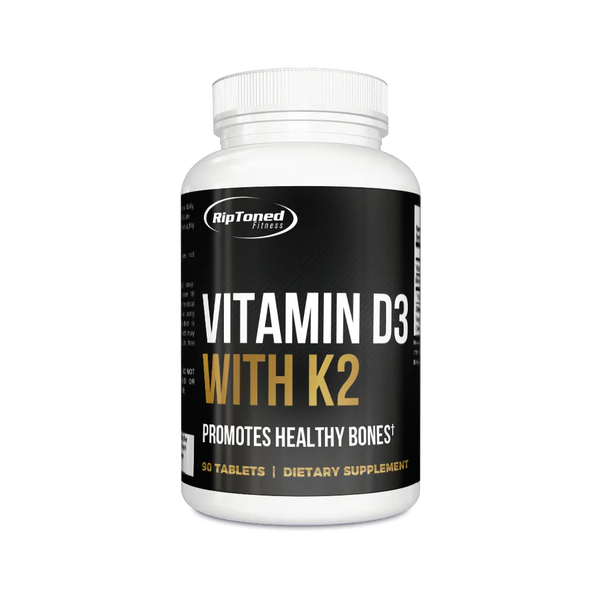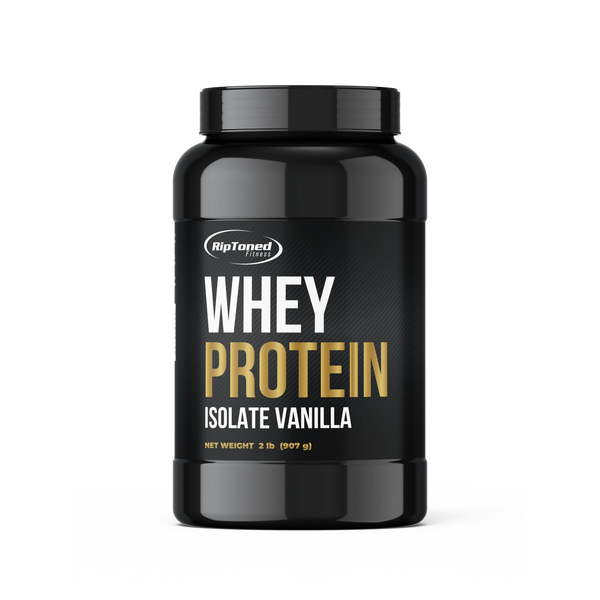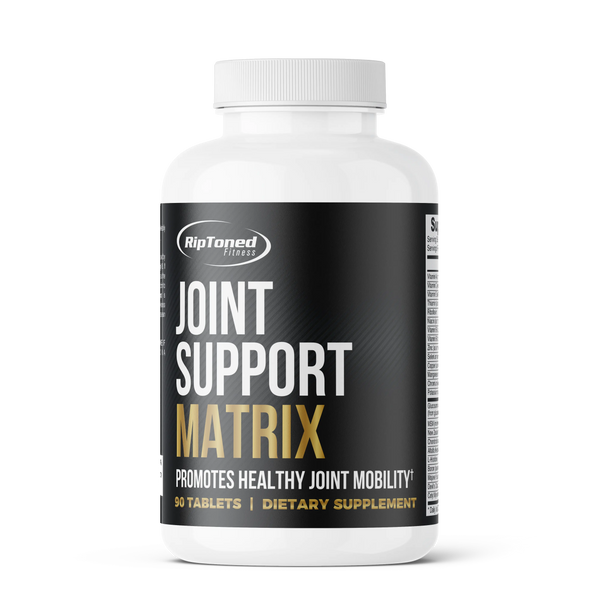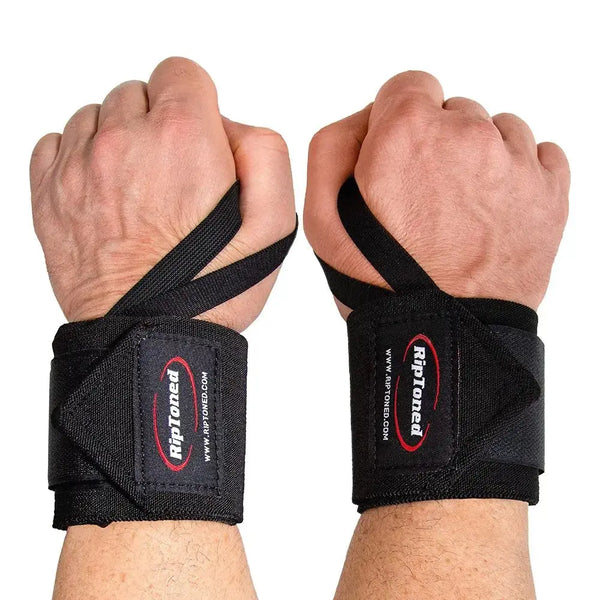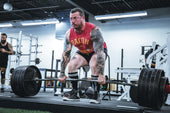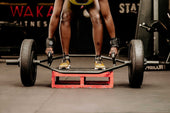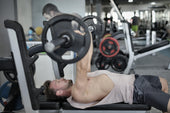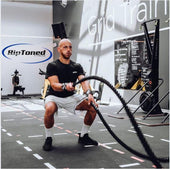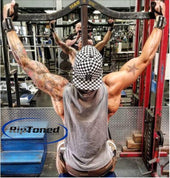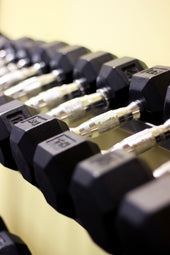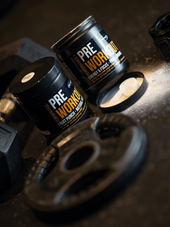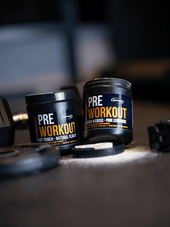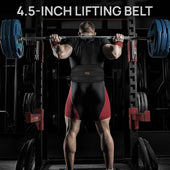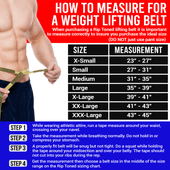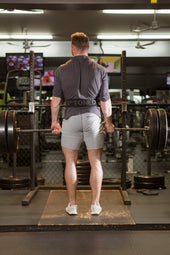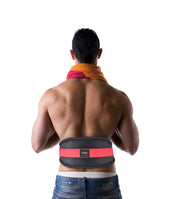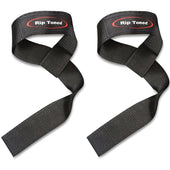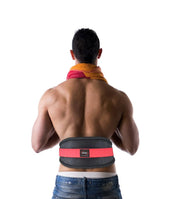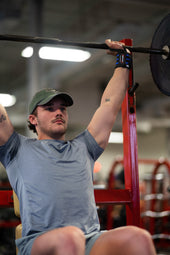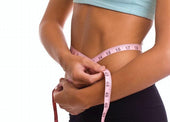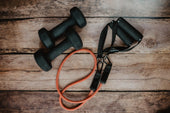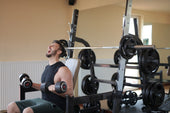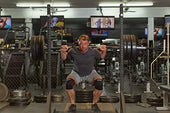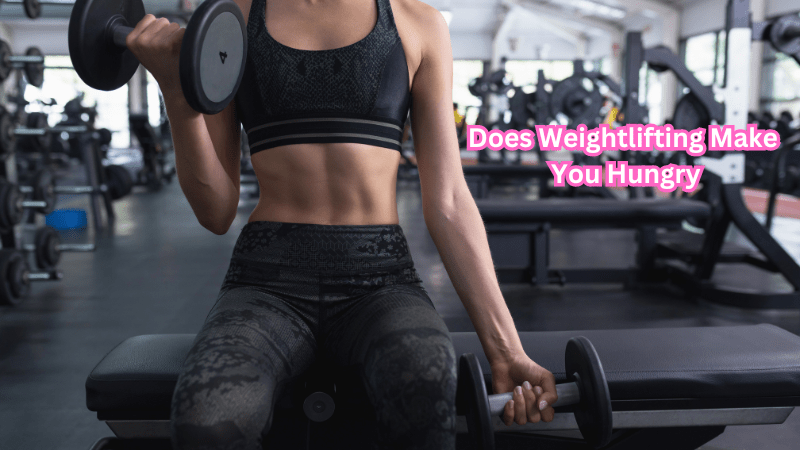
Does Weightlifting Make You Hungry
Mark PasayShare
Weightlifting is a powerful way to build strength and enhance physical fitness, but it often comes with an intriguing side effect: increased hunger. Many people notice their appetites spike after a rigorous weightlifting session, leaving them wondering why they suddenly crave more food.
This phenomenon isn't just in your head—there are scientific reasons behind this heightened hunger. In this article, we'll delve into the reasons why weightlifting can make you feel hungrier, exploring the physiological changes, energy demands, and hormonal shifts that occur.
Understanding these factors can help you manage your post-workout hunger and fuel your body more effectively.
The Science Behind Hunger
Hunger is a complex physiological response influenced by various biological processes and environmental cues. When we engage in weightlifting, our bodies undergo significant changes that can trigger feelings of hunger.
One notable change during weightlifting is the breakdown and repair of muscle tissue. As you lift weights, your muscles experience tiny micro-tears, which heal through protein synthesis and ultimately lead to muscle growth. This process requires energy in the form of calories to support the repair and rebuilding of muscle tissue.
Furthermore, intense exercise like weightlifting increases our body's demand for energy as it works harder to supply oxygen and nutrients to our muscles. This increased energy expenditure can leave us feeling more hungry as our bodies try to replenish the calories that were burned during our workout.
Moreover, weightlifting can also affect our hormones. After a workout, our bodies release higher levels of ghrelin, known as the "hunger hormone," which stimulates appetite and increases food intake. Additionally, the release of endorphins during weightlifting can stimulate the reward centers in our brains and make us crave high-calorie foods.
Does Weightlifting Make You Hungry?
Now that we understand the physiological and hormonal processes behind post-workout hunger let's explore whether weightlifting makes us hungrier.
The answer is both yes and no. Weightlifting doesn't inherently increase our appetite; rather, it triggers changes in our bodies that can lead to increased hunger. It's also essential to note that individuals may respond differently to weightlifting and experience varying levels of hunger.
One study found that while weightlifters reported feeling more hungry after their workout, they didn't consume significantly more calories than non-weightlifters. This suggests that although weightlifting may stimulate feelings of hunger, it doesn't necessarily cause individuals to eat more.
However, other factors like diet and lifestyle can also play a role in post-workout hunger. If an individual is already consuming a poor diet or not getting enough nutrients, their body may be more prone to experiencing increased hunger after weightlifting.
Additionally, individuals who lead sedentary lifestyles and suddenly start weightlifting may experience more significant changes in appetite compared to those who are already physically active.
It's also important to consider the type of weightlifting program you are following. High-intensity weightlifting and resistance training can lead to more significant increases in hunger compared to low-to-moderate intensity workouts.
Personal Factors Influencing Hunger
While weightlifting can trigger changes in our bodies that cause increased hunger, individual factors also play a significant role in how we experience post-workout appetite.
One critical factor is an individual's body composition and metabolism. Someone with a higher muscle mass will have a higher resting metabolic rate, meaning their body burns more calories at rest. This can lead to increased energy demands and potentially increase feelings of hunger after weightlifting.
On the other hand, individuals with lower muscle mass and slower metabolisms may not experience as much of an increase in hunger after weightlifting.
Additionally, diet plays a crucial role in post-workout hunger. Consuming pre- or post-workout meals high in protein and carbohydrates can help replenish energy stores and support muscle repair, potentially reducing feelings of hunger.
However, if an individual is not consuming enough calories or nutrients for their body's energy needs, they may experience a more significant increase in appetite after weightlifting. This highlights the importance of fueling our bodies properly to support our physical activities.
Another factor that can influence post-workout hunger is sleep. Lack of sleep has been linked to increased levels of ghrelin and decreased levels of leptin, a hormone that helps regulate hunger and fullness. As a result, sleep-deprived individuals may experience stronger hunger pangs after weightlifting.
Finally, our emotional and psychological state can also impact post-workout hunger. Stress, anxiety, and other emotions can trigger cravings for comfort foods that are high in calories. This can be especially true after intense workouts, where our bodies may be seeking a reward or form of comfort.
Managing Post-Workout Hunger
For those who do experience an increased appetite after weightlifting, it's essential to manage this hunger effectively. Here are a few tips for managing post-workout hunger:
Related Products
1. Plan Your Meals
Planning your meals can help you stay on track with your nutrition goals and prevent overeating after workouts. Make sure to include protein-rich foods in your meals to support muscle repair and replenish lost nutrients.
2. Stay Hydrated
Drinking plenty of water throughout the day can help curb hunger and keep you feeling satisfied. Additionally, staying hydrated is essential for proper muscle function and recovery. And also, sometimes, when we feel hungry, our bodies are dehydrated.
3. Snack Smart
If you're feeling hungry between meals, opt for healthy and nutrient-dense snacks like fruits, vegetables, nuts, or protein bars. These will provide your body with the energy it needs without derailing your nutrition plan.
4. Listen to Your Body
It's crucial to listen to your body and honor its hunger signals. If you're feeling truly hungry after weightlifting, allow yourself to eat enough to satisfy your appetite. Restricting food intake too much can hinder muscle growth and affect performance in future workouts.
These tips can help you manage post-workout hunger and support your fitness goals. Remember, weightlifting alone doesn't make you hungry; it's a combination of various factors that influence our appetite.
What to Eat When Fueling and Recovering from Strength Training
The type and timing of meals and snacks before and after weightlifting can also play a significant role in managing post-workout hunger.
Before Strength Training:
It's essential to fuel your body with carbohydrates and protein before strength training to provide the energy it needs for the workout. Aim to eat a meal or snack that is easily digestible, high in carbohydrates, and moderate in protein at least an hour before your workout.
Some pre-workout meal ideas include oatmeal with fruit, a banana with peanut butter, or Greek yogurt with berries. If you prefer a smaller snack closer to your workout time, opt for a piece of fruit or granola bar.
After Strength Training:
Consuming a post-workout meal or snack within 30 minutes to an hour after weightlifting is crucial for muscle repair and recovery. Ideally, a post-workout meal should contain protein and carbohydrates to replenish lost nutrients and support muscle growth.
Some post-workout meal ideas include a chicken wrap with veggies, rice, and beans with avocado or a smoothie with protein powder, fruits, and vegetables. If you're short on time, opt for a protein shake or bar as a quick source of nutrients.
It's also essential to continue nourishing your body throughout the day with balanced meals and snacks that contain lean proteins, complex carbohydrates, and healthy fats to support overall health and fitness goals. And remember to stay hydrated by drinking plenty of water throughout the day.
FAQs
Does lifting weights make you hungrier than other exercises?
Yes, lifting weights can make you hungrier than other exercises because it increases your body's demand for more fuel to repair and build muscles. High-intensity exercise and strength training sessions deplete muscle carbohydrate stores, leading to an increased appetite as your body seeks to replenish its energy reserves.
Is it normal to feel hungry after strength training sessions?
Yes, it is normal to feel hungry after strength training sessions. During lifting weights, your body uses a lot of energy, and as your body repairs and builds muscle, it requires additional nutrients. This increased need for fuel can lead to a heightened sense of hunger.
How does lifting weights affect your basal metabolic rate?
Lifting weights can increase your basal metabolic rate by building muscle mass. More muscle in your body means your body weight burns more calories at rest, which can lead to an increased overall energy expenditure. As a result, you may feel hungrier as your body demands more fuel to maintain its higher metabolic rate.
Why do I crave more food after high-intensity exercise like weightlifting?
After high-intensity exercise like weightlifting, your body craves more food because it needs to replenish depleted muscle carbohydrate stores and repair the muscles that worked during the session. This is your body's way of ensuring it has enough nutrients to recover and build stronger muscles, leading to an increased appetite.
Conclusion
Feeling hungry after weightlifting is a common experience, and there are valid physiological reasons behind this heightened appetite. The increased energy expenditure, muscle repair, and hormonal changes contribute to this sensation. It's important to understand that this post-workout hunger is normal and can be managed effectively with a balanced diet and proper nutrition.
Incorporating healthy snacks and staying hydrated can help satisfy your hunger while supporting your fitness goals. Remember, your body is signaling its need for nutrients to recover and grow stronger. By listening to your body's cues and adjusting your diet accordingly, you can optimize both your hunger management and overall performance.

Click Here to Learn More About the Rip Toned Wrist Wraps and learn how to protect your wrists
